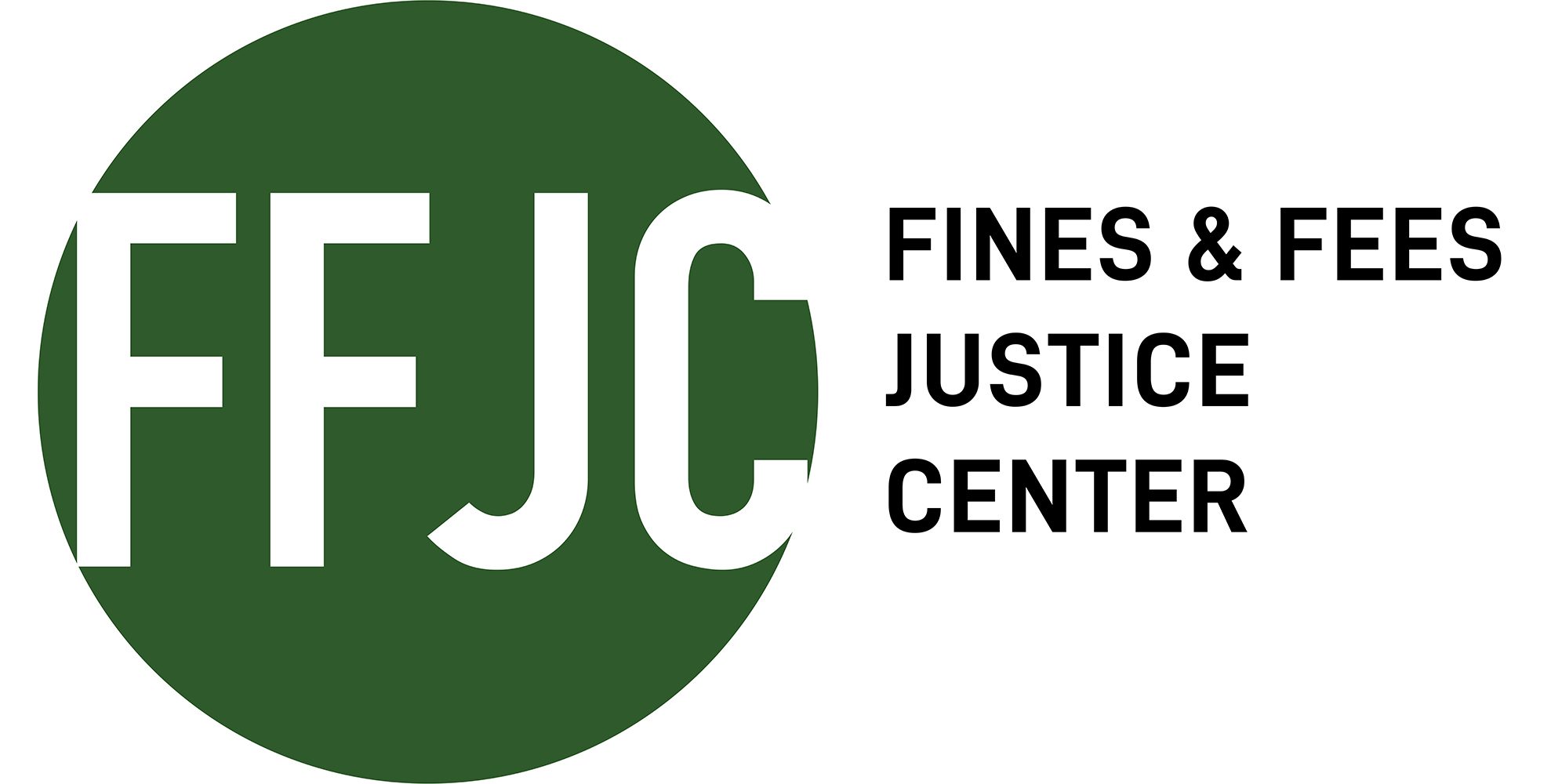The High Price of Using Justice Fines and Fees to Fund Government in Washington State
Fines and fees can cause severe and destabilizing harm for people required to pay them. Researchers from the Vera Institute of Justice collected and analyzed budget data from state, county, city and …
